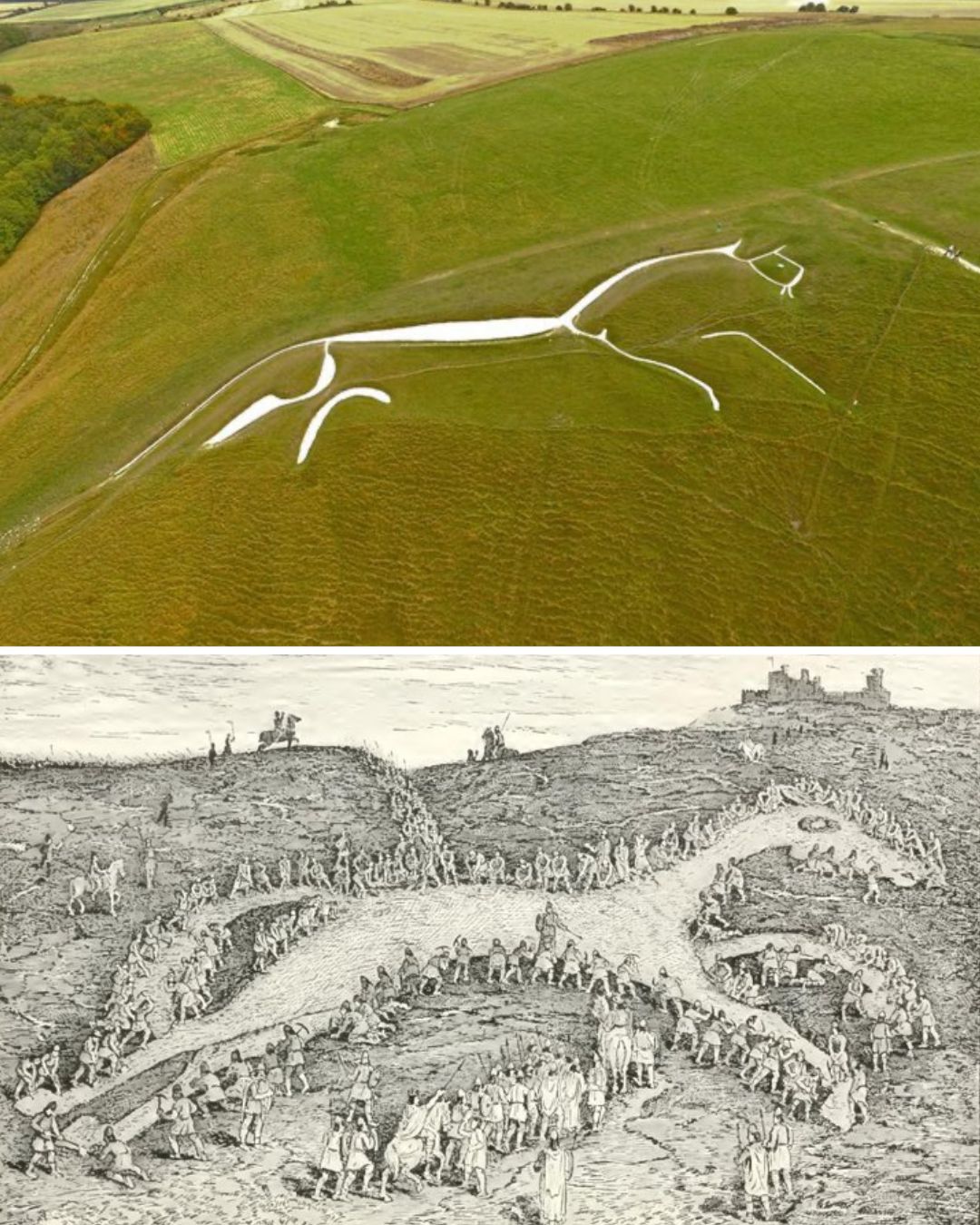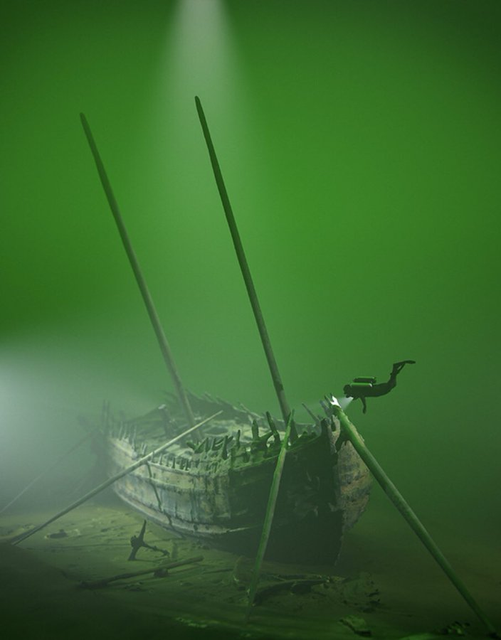China, a land of captivating contrasts, boasts a geographical wonder that has played a pivotal role in its history, culture, and development. The Yangtze River, often referred to as "Chang Jiang," is Asia's longest river and the third-longest in the world. In this blog post, we will embark on a journey along the course of the Yangtze, exploring its historical significance, breathtaking natural beauty, and the vital role it plays in the lives of millions.
The Historical Tapestry
The Cradle of Civilization

For millennia, the Yangtze River has been the cradle of Chinese civilization. Its valley is one of the earliest-known places of human habitation in China, fostering the growth of complex societies. The river's fertile plains supported agriculture, while its waters facilitated trade, connecting people and ideas.
Legends and Lore
The Yangtze River is steeped in legends and folklore. Stories of dragons, goddesses, and ancient battles have been passed down through generations, weaving a rich tapestry of cultural heritage. One such legend is that of the "Dragon Boat Festival," celebrated along the river's banks to honor the poet Qu Yuan, who is said to have drowned himself in the river as a protest against corruption.
The Natural Beauty
A Scenic Wonderland

As the Yangtze flows from its source in the Tibetan Plateau to the East China Sea, it traverses some of the most breathtaking landscapes in the world. The Three Gorges region, with its towering cliffs and emerald waters, is a testament to the river's natural grandeur. This section of the river has inspired poets, painters, and travelers for centuries.
Unique Biodiversity
The Yangtze River Basin is home to a diverse range of plant and animal species, some of which are found nowhere else on Earth. The Chinese river dolphin, or baiji, was once a symbol of the river but tragically declared extinct in 2006. The Yangtze finless porpoise, another unique species, now faces the threat of extinction due to habitat loss and pollution.
The River of Life
A Lifeline for Millions

The Yangtze River is not merely a geographical feature; it is a lifeline for millions of people. The fertile plains along its banks support extensive agriculture, providing food for a significant portion of China's population. Moreover, the river is a crucial transportation route, facilitating trade and commerce.
Hydroelectric Power
The construction of the Three Gorges Dam, one of the world's largest hydropower projects, has transformed the Yangtze into a source of clean energy. The dam generates electricity for millions of households and contributes to reducing China's reliance on fossil fuels, mitigating the effects of climate change.
Preservation and Future Challenges
Protecting the Yangtze

Despite its significance, the Yangtze River faces several challenges, including pollution, habitat destruction, and the impacts of climate change. Efforts are underway to address these issues, with a focus on sustainable development and conservation.
A Natural and Cultural Legacy

The Yangtze River is a testament to the inseparable connection between nature and culture. Its historical significance, breathtaking natural beauty, and vital role in sustaining life make it a symbol of China's past, present, and future. It is a river of legends, a source of inspiration, and a lifeline for millions. As we navigate its waters, we are reminded of the need to protect and preserve this remarkable natural and cultural legacy for generations to come.
Conclusion
The Yangtze River, with its historical, cultural, and ecological significance, is a true marvel of nature. It weaves together China's rich history, breathtaking landscapes, and the lives of millions who depend on its waters. As it continues to flow through time, the Yangtze remains a symbol of resilience, adaptability, and the enduring connection between people and the environment.






